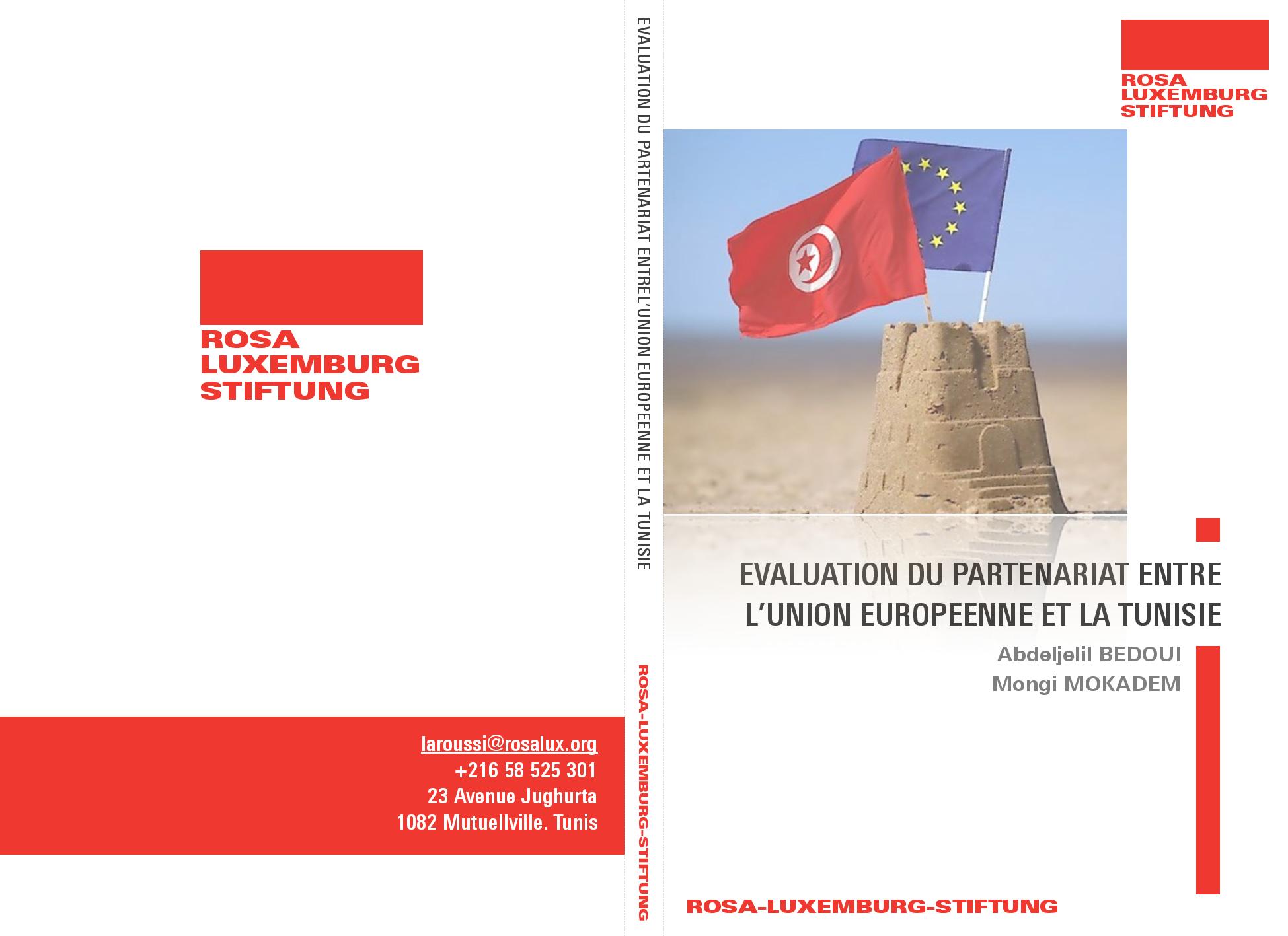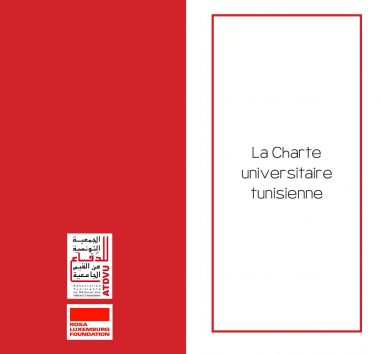In recent years, Tunisia engaged in deep negotiations with the European Union in order to find a common ground for establishing a Deep and Comprehensive Free Trade agreement. However, these negotiations are subjected to harsh criticism from both actors in the Tunisian civil society and economists who warn about the risks of rushing towards signing an agreement at an inappropriate time that might lead to an unfair competition between Tunisian and European markets.
These criticisms are built not only on theoretical projections, but also regarding the impact of the free trade agreement between Tunisia and the European Union that was signed in the mid-1990s.As long as there is no assessment to the past, the future will always be unpredictable which is the core of the 95-pages book written in French by Abdeljelil Bedoui and Mongi Mokadem, and entitled “Evaluation of the Partnership between the European Union and Tunisia”.
The book is divided into three chapters: the first one discusses Neoliberal Globalization and the changes it has caused on both global and national levels. The authors consider the new standards framing the economic activities are less balanced and more stressful than their predecessors, which results in impoverishing the Global South. In the second axis contains a review of the results of partnerships between the two sides since 1995, and ends up with providing conclusions such as the restriction of the Tunisian economic growth in the percentage of 5 or less per year during that period, in addition to the big vulnerability of the economic fabric. Last but not least, the two experts focus on depicting the nature of the partnership agreement that is currently under negotiation and provide an anticipation to its expected outcomes, before calling for reformulating the relations between the European Union and Tunisia on a different and more balanced basis.




